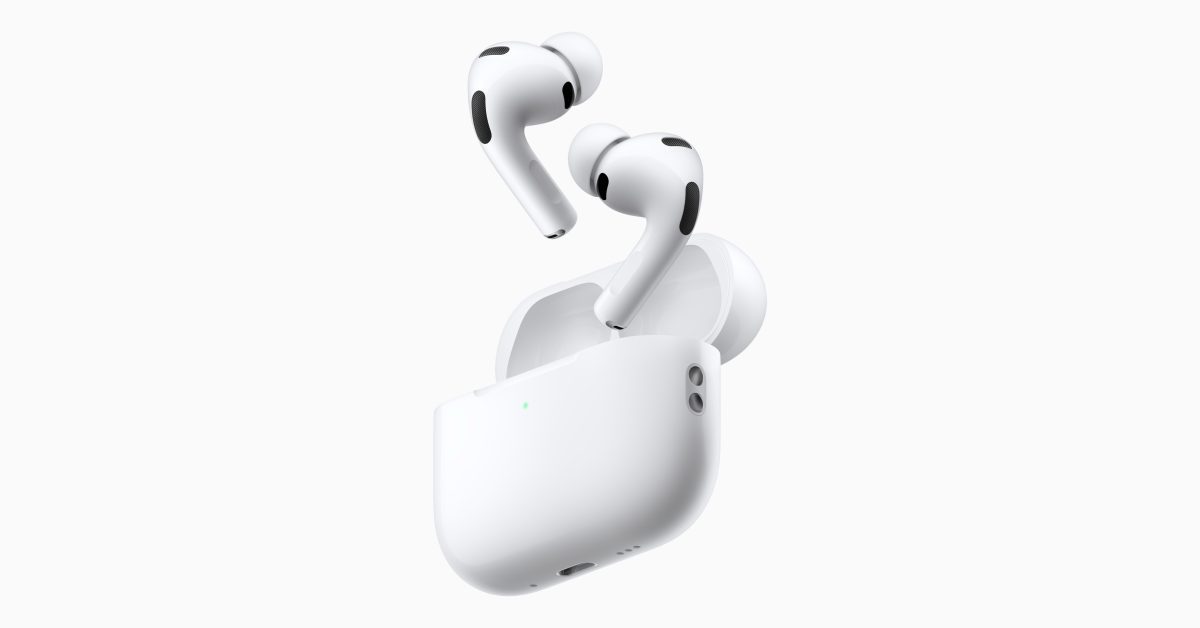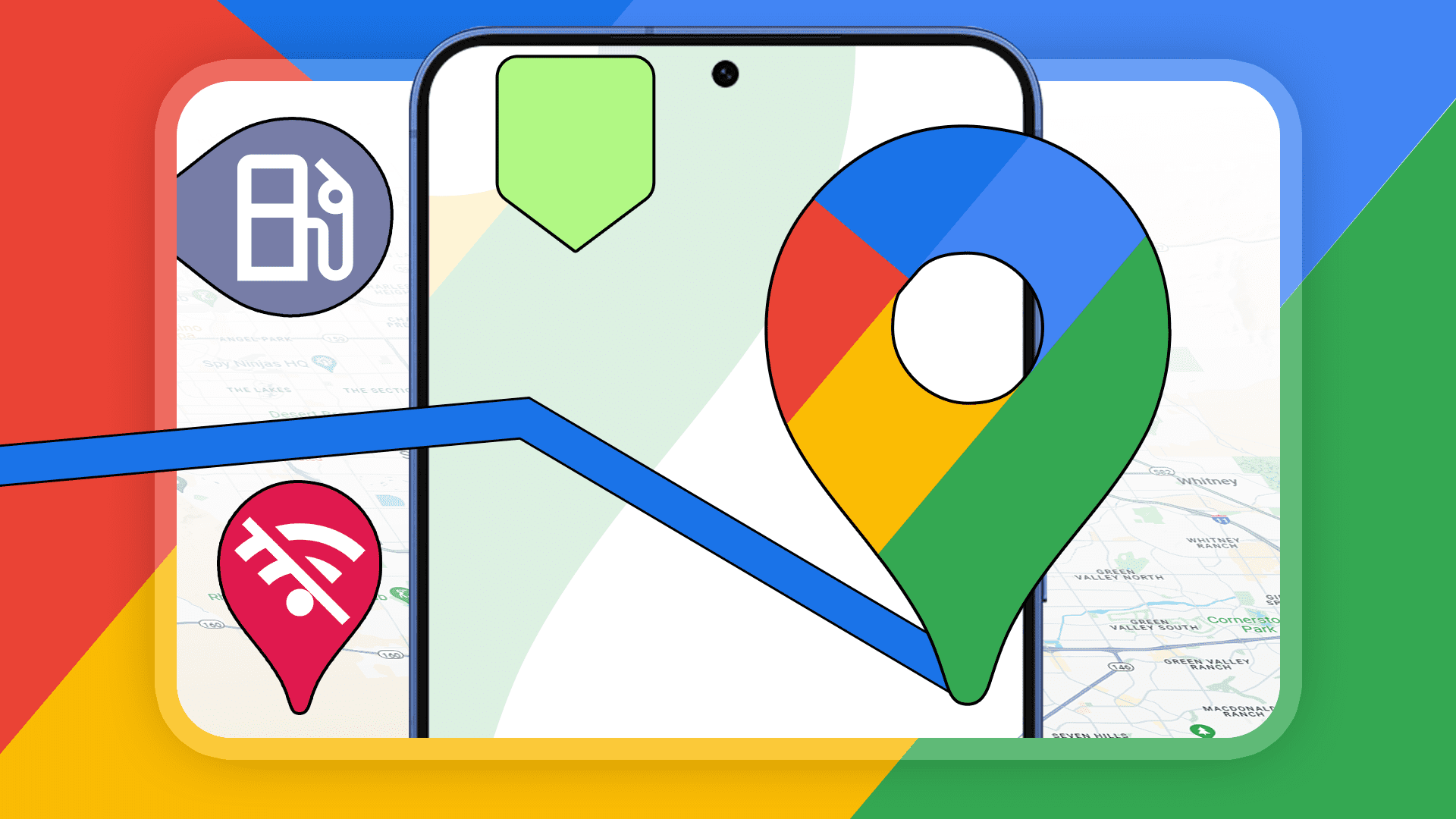youtube music might limit lyrics viewing for YouTube Music is reportedly testing a new feature that could restrict lyrics access for free users, a move that may impact its competitive stance in the streaming music market.
youtube music might limit lyrics viewing for
YouTube Music’s Competitive Landscape
YouTube Music, a subsidiary of Google, has been steadily gaining traction in the competitive streaming music landscape dominated by established players like Spotify and Apple Music. Launched in 2018, YouTube Music aims to provide a comprehensive music experience by integrating official tracks, music videos, and user-generated content. Despite its relatively recent entry into the market, YouTube Music has quickly garnered a significant user base, thanks in part to its association with the larger YouTube platform.
The service offers both a free tier and a premium subscription option. The free version allows users to listen to music with ads, while the premium subscription removes ads and provides additional features such as offline listening and background play. This freemium model is similar to that of Spotify, which has successfully converted a substantial number of free users into paying subscribers.
Current Features and Limitations
YouTube Music’s free tier has been designed to attract users who may be hesitant to commit to a paid subscription. However, this model comes with limitations. Free users are often subjected to ads and may not have access to certain features that enhance the listening experience. For instance, the ability to download songs for offline listening and play music in the background while using other apps is reserved for premium subscribers.
One of the appealing features of YouTube Music is its extensive lyrics database. Users can view the lyrics of songs while they listen, which enhances engagement and allows for a more immersive experience. This feature has been particularly popular among users who enjoy singing along or want to understand the lyrics better. However, recent reports suggest that YouTube Music may be considering restricting access to lyrics for free users, which could significantly alter the user experience.
Testing New Restrictions
According to various sources, YouTube Music is currently experimenting with a new paywall that could limit lyrics access for users on the free tier. This change appears to be part of a broader strategy to encourage free users to transition to a paid subscription. While the specifics of the testing phase are not fully disclosed, the implications of such a move could be significant.
By restricting lyrics access, YouTube Music may aim to create a stronger incentive for users to subscribe to the premium service. This tactic is not uncommon in the streaming industry, where companies often introduce limitations on free tiers to drive conversions. However, it remains to be seen how users will react to this potential change, especially given the competitive nature of the market.
Potential User Reactions
The introduction of a paywall for lyrics could elicit mixed reactions from users. On one hand, some may view it as a reasonable trade-off for accessing additional features and an ad-free experience. On the other hand, many users may feel frustrated by the restriction, particularly if they have grown accustomed to accessing lyrics for free. This could lead to dissatisfaction among the user base and potentially drive some users away from the platform.
Moreover, the reaction may vary depending on the demographic of YouTube Music’s users. Younger audiences, who often prioritize free access to content, may be less inclined to pay for features that were previously available at no cost. Conversely, more dedicated music enthusiasts may be willing to pay for a premium experience that includes lyrics access and other benefits.
Implications for YouTube Music
If YouTube Music proceeds with implementing a paywall for lyrics, it could have several implications for the platform and its user base. Firstly, the move could impact user engagement. Lyrics access has been a significant draw for many users, and limiting this feature could reduce the time spent on the platform. This, in turn, may affect advertising revenue generated from free users.
Additionally, the decision could influence the overall perception of YouTube Music in the market. As competition intensifies, maintaining a positive user experience is crucial for attracting and retaining subscribers. If users perceive the platform as becoming more restrictive, it could harm YouTube Music’s reputation and lead to a decline in user satisfaction.
Comparative Analysis with Competitors
To understand the potential impact of this change, it is essential to consider how YouTube Music’s competitors handle similar features. Spotify, for instance, offers lyrics access to both free and premium users, which has contributed to its popularity. By allowing all users to view lyrics, Spotify enhances user engagement and encourages social sharing, which can lead to increased brand loyalty.
Apple Music, on the other hand, operates solely on a subscription model, meaning all users have access to lyrics as part of their paid experience. This approach allows Apple Music to maintain a premium image while providing comprehensive features to its subscribers. In contrast, YouTube Music’s decision to limit lyrics access could position it unfavorably against these competitors, particularly if users perceive it as a step backward in terms of user experience.
Stakeholder Perspectives
As YouTube Music navigates this potential change, various stakeholders will have differing perspectives. For instance, the company itself may view the paywall as a necessary strategy to increase revenue and convert free users into paying subscribers. This aligns with broader industry trends where streaming services are continually seeking ways to monetize their platforms effectively.
On the other hand, users may express concerns regarding the fairness of restricting access to lyrics, especially if they have been accustomed to enjoying this feature for free. Music artists and songwriters may also have mixed feelings about the change. While some may appreciate the potential for increased revenue through subscriptions, others might worry that limiting access could reduce overall engagement with their music.
Future Considerations
As YouTube Music continues to test these potential restrictions, it will be crucial for the platform to monitor user feedback closely. Understanding how users respond to changes in access to lyrics will be key in shaping future strategies. If the feedback is overwhelmingly negative, YouTube Music may need to reconsider its approach to ensure it remains competitive in the streaming music landscape.
Moreover, the company could explore alternative methods for monetization that do not involve restricting access to popular features like lyrics. For instance, it could consider introducing tiered subscription models that offer varying levels of access and features, allowing users to choose a plan that best suits their needs.
Conclusion
The potential move by YouTube Music to limit lyrics access for free users marks a significant development in the streaming music landscape. As the platform seeks to compete with industry giants, it faces the challenge of balancing monetization strategies with user experience. The outcome of this testing phase could have lasting implications for YouTube Music’s growth and its ability to attract and retain users in an increasingly competitive market.
Source: Original report
Was this helpful?
Last Modified: September 10, 2025 at 5:43 pm
0 views















